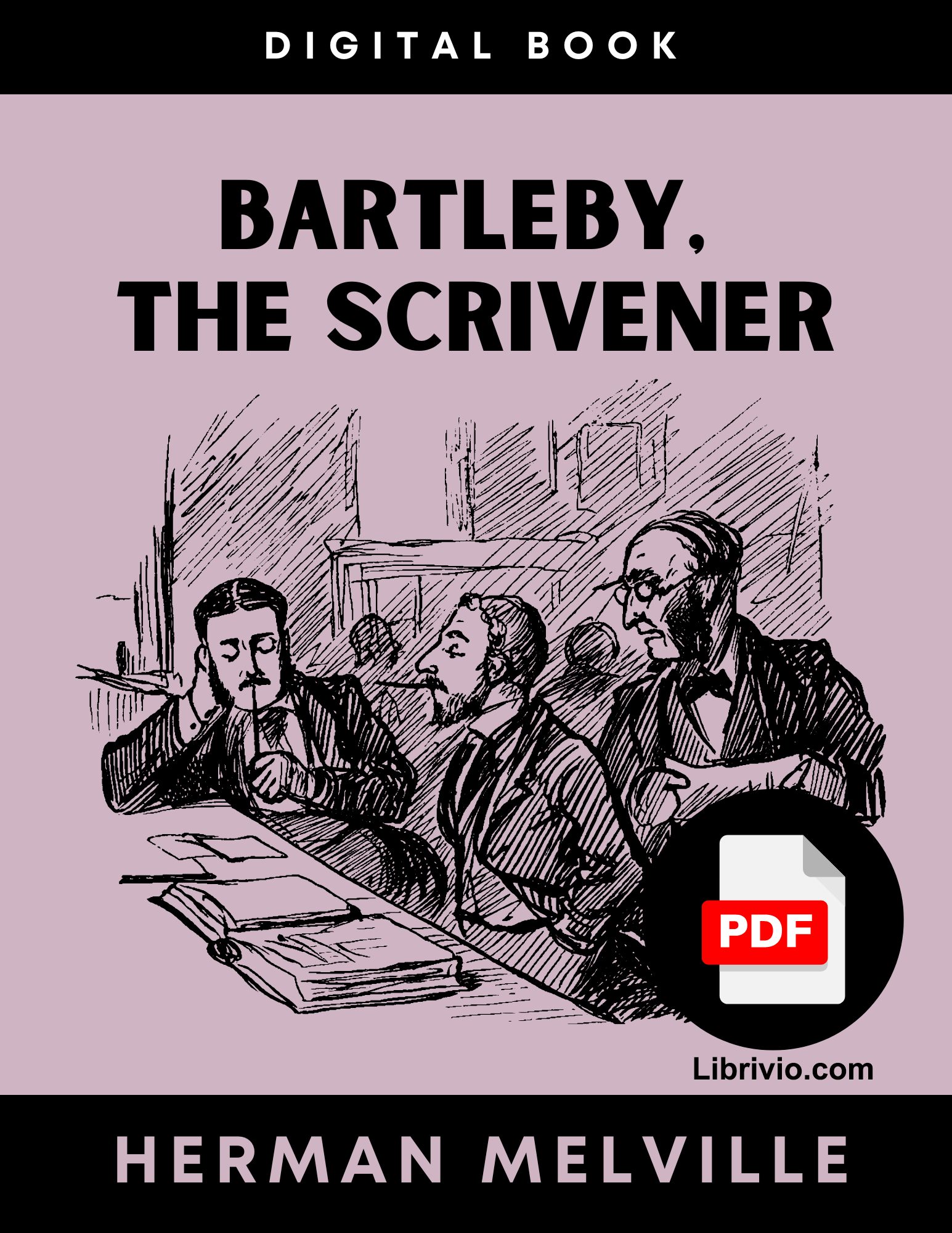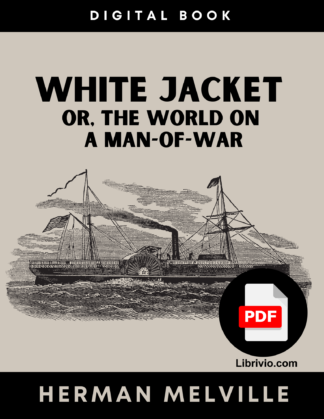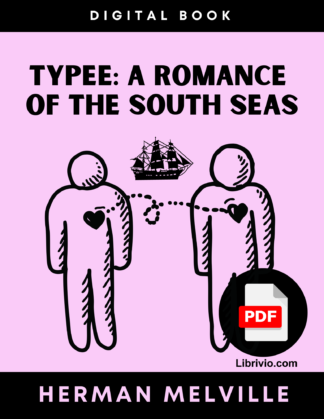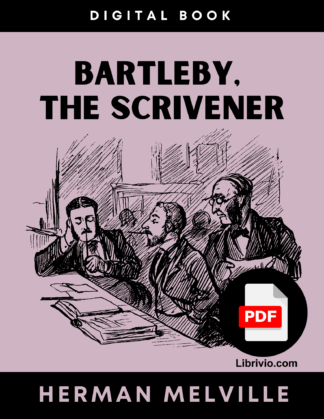Description
“Bartleby, the Scrivener” is a short story by Herman Melville, first published in 1853. The story is set in a Wall Street law office, where the narrator, a lawyer, hires Bartleby, a scrivener, to assist with the copying of legal documents. The story is a commentary on the dehumanizing effects of the modern workplace, as well as the isolation and alienation of urban life.
The story is told through the eyes of the lawyer, who is initially pleased with Bartleby’s work ethic and efficiency. However, as the story progresses, Bartleby begins to refuse to do certain tasks, saying “I would prefer not to” and eventually stops working altogether. The lawyer struggles to understand Bartleby’s behavior, and tries to reason with him and help him, but to no avail.
The story is a subtle, but powerful exploration of the human condition and the nature of individuality and freedom. Melville uses Bartleby as a symbol of resistance against conformity and the status quo, and raises questions about the meaning of work and the value of human life. The story is also a commentary on the dehumanizing effects of modern society and the isolation and alienation of urban life.
The story is a true literary classic and it is a must-read for those interested in literature, philosophy, and the human condition. The language is simple yet evocative, the characters are well-developed, and the themes are timeless.
“Bartleby, the Scrivener” is a short story that packs a punch and leaves a lasting impact on the reader. It is a thought-provoking and powerful read that is sure to resonate with readers long after they have finished the story.





